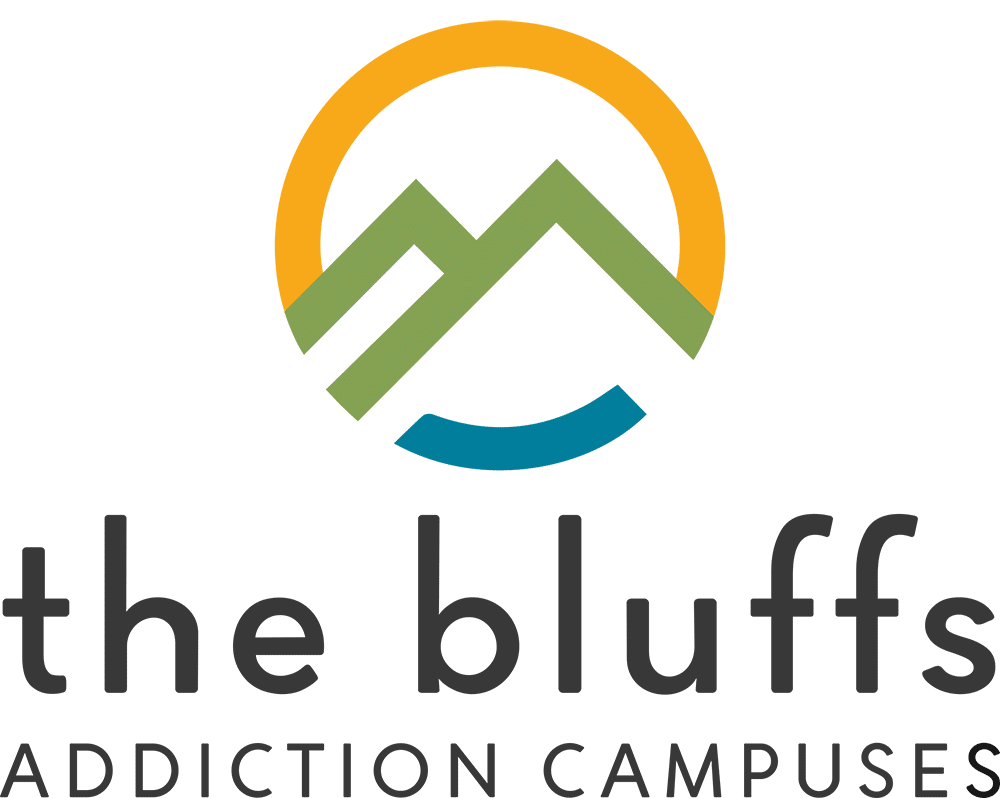The disease of addiction continues to affect millions of American families. While not everyone chooses to pursue sobriety, there are thousands of people who have built successful lives in recovery. If you have a loved one who suffers from drug or alcohol addiction, you may be curious about their experience and about an addiction treatment program.
You may have a desire to address the past or encourage them on their new path. However, before you approach your loved one, consider the following tips on how to talk to someone in recovery:
1. Listen More, Talk Less
One of the first things to remember is that people in recovery are given a lot of new information. Chances are, doctors and therapists have already provided the facts about addiction and recovery. Your loved one may also attend meetings that focus on the disease, as well as the solution to recovery.
Instead of quickly offering your opinions, it may be more meaningful to simply listen. Offer your loved one the chance to “have the floor.” By doing so, you invite them to discuss as much of their experience as they feel comfortable sharing. You may want to request a certain time and date to visit them. Protect your time, by keeping it just the two of you.
2. Try Not To Dwell On The Past
If you were close to this person during their active addiction, you may have a lot of feelings about what you observed. However, it can be easy to trigger someone with comments about their history, especially if your loved one is in early sobriety. Instead, you may want to find a more objective person with which to process these emotions. Many support groups and therapists are available.
These options allow you the opportunity to work through any feelings of anger, resentment, fear, or worry that were caused by the person’s addiction. Taking care of your own needs allows you to be in the present moment with your loved one. By focusing the conversation on their newfound recovery, you demonstrate your support in both word and action.
3. Choose Your Words Wisely
Many people want to relate to the pain that their loved one has gone through. This can spark a desire to share personal stories about addiction and recovery. However, if it’s the first time you’re seeing this person sober, try to focus on the present moment. Resist the urge to tell them stories of your own history with drugs or alcohol, and let them discuss their journey. You may also be curious about their choices in sobriety.
If your loved one had a problem with illicit drugs, you may wonder why they are now avoiding alcohol. It can be tempting to ask, “But alcohol wasn’t even your problem, was it?” Or, “So you are never going to drink again?” For someone new in recovery, these well-meaning questions may come across as triggering. Allow your loved one the dignity of working through tough questions with their therapist or support team.
4. Be Mindful Of Assumptions
Sometimes, concerned family members make the assumption that everyone recovers the same way. However, addiction is a complex disease that can affect people very differently. Some people require addiction treatment, whereas others find recovery in sober support groups. Many times, the ideas we have about addiction come from what we see in the media. This means that our ideas of recovery may be one-sided. However, there are many ways to live an active recovery lifestyle.
Your loved one may or may not have gone to detox and treatment. They may or may not attend recovery groups like Alcoholics Anonymous. Instead of assuming they participate in one specific aspect of recovery, try saying something like, “I’d love to hear more about what works for you.”
5. Be Affirming And Hopeful
This may go without saying, but maintaining a positive and affirming tone is absolutely key. Chances are, your loved one is well aware of the pain they have caused you or other people in their lives. By taking the time to share your support, you are doing your part to ensure a healthy communication pattern moving forward. Additionally, people who struggle with addiction may be afraid that their lives will be boring without substances.
Take this opportunity to highlight all the possibilities that lie ahead. By choosing recovery, your loved one has a bright future in front of them, regardless of their age or stage of life. Tell them how excited you are to see them reach their goals.
6. Learn More About Recovery
While it can be great to reconnect with a loved one who is now in recovery, seeing them may leave you with unanswered questions. If you would like to learn more about addiction and recovery, there are excellent recovery resources both online and in your community. Treatment centers like The Bluffs offer family therapy sessions that aim to educate and encourage the spouses, friends, and family members of addicted individuals.
In this type of counseling, loved ones learn about the disease of addiction and how to take care of their own needs. Additionally, most towns and cities offer Al-Anon and Nar-Anon meetings. These 12-step support groups exist to support the friends and family members of people who are addicted to drugs or alcohol. They are free to attend and are usually open to the public.
Connecting In Recovery
Although people recover from addiction in many different ways, connecting with others remains a vital aspect of successful sobriety. By taking the time to check in with your loved one, you are demonstrating your support of them as a person—not just their recent choice to get sober. Recovery allows people the chance to heal their relationships.
For more information about how to talk to someone in recovery, reach out to a treatment specialist at The Bluffs today by calling 850.374.5331.







